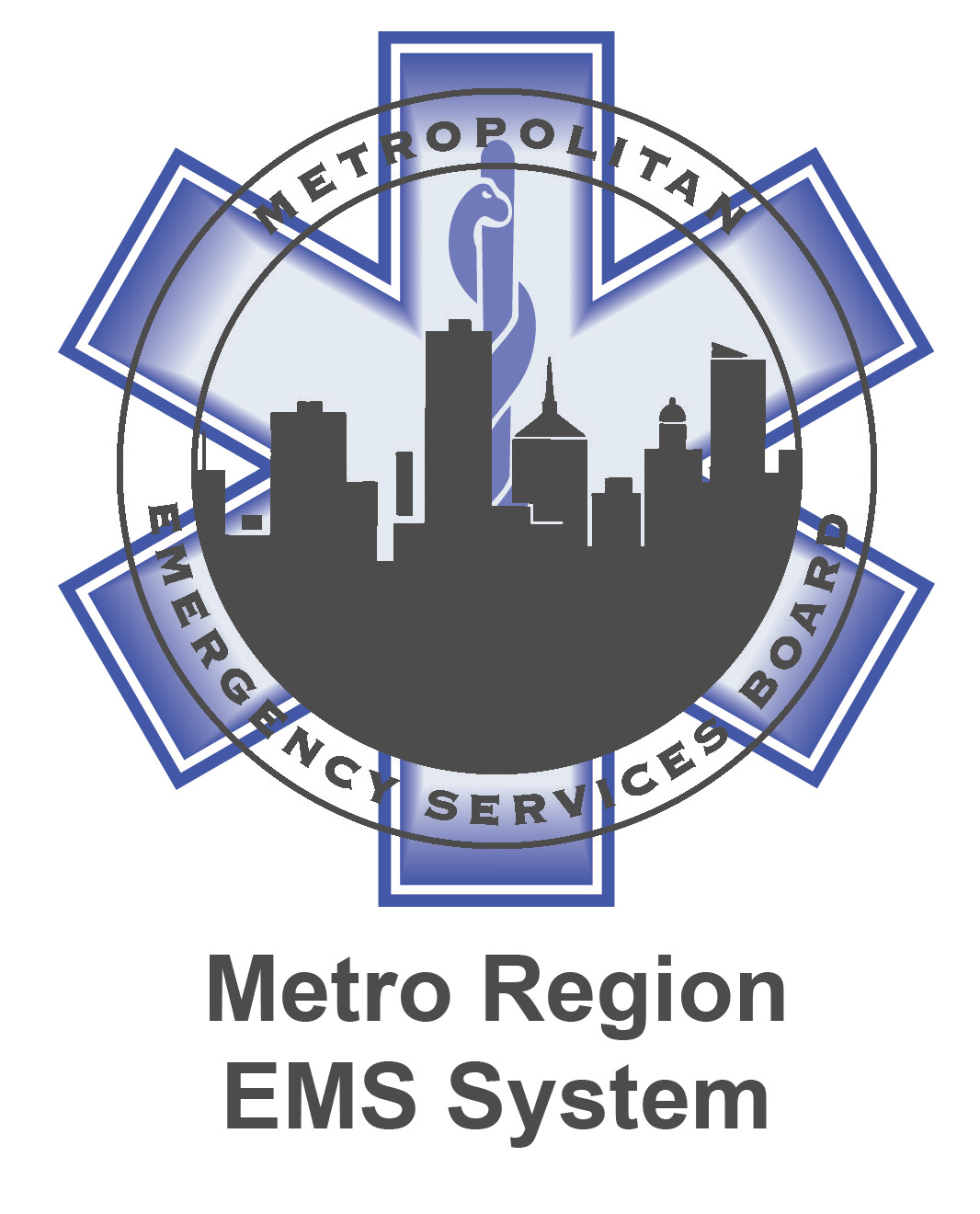Emergency Preparedness Response
In light of recent disasters, an overwhelming initial EMS response is mandatory in order to mitigate tragic loss of life and human suffering. In order to be successful and efficient, such a response requires planning, equipment and trained personnel.
It is the goal of the Metro Region EMS System to coordinate and plan for regional EMS responses to comply within State and Federal guidelines, structure, and initiatives in cooperation and collaboration state, county, and local emergency management, public safety, public health and healthcare provider agencies.
It is the goal of the Metro Region EMS System to ensure the Metro Region EMS System providers are actively involved and informed in the development and maintenance of the regional EMS incident response plan at all levels within the region.
Metro Region EMS System Committees
The EMS Technical Operations Committee (TOC), is a committee of the Metro EMS Region System appointed by the Metropolitan Emergency Services Board (MESB), and consists of representatives comprised of community health representatives, physicians, communication representatives and ambulance service providers.
The Metro Region EMS System Technical Operations Committee meets on a quarterly basis at the MESB offices in St. Paul, Minnesota. In addition to making recommendations to the MESB stated in it’s mission, the EMS TOC assists with the preparation and management of the Metro Region EMS System program’s grant contract.
Mission Statement
The mission of the EMS Technical Operations Committee is to provide a forum where the public, private and non-profit sectors can meet to create long-term visions for EMSin the metropolitan area and develop recommendations for:
• improving the EMS system through regional coordination, enhancing service delivery based on provider input,
• positioning the EMS system to meet the changing needs of EMS users in the metropolitan area,
• preparing EMS users and providers within the metropolitan area for emerging changes in health care delivery,
• and supporting EMS education and research with region-wide benefits.
